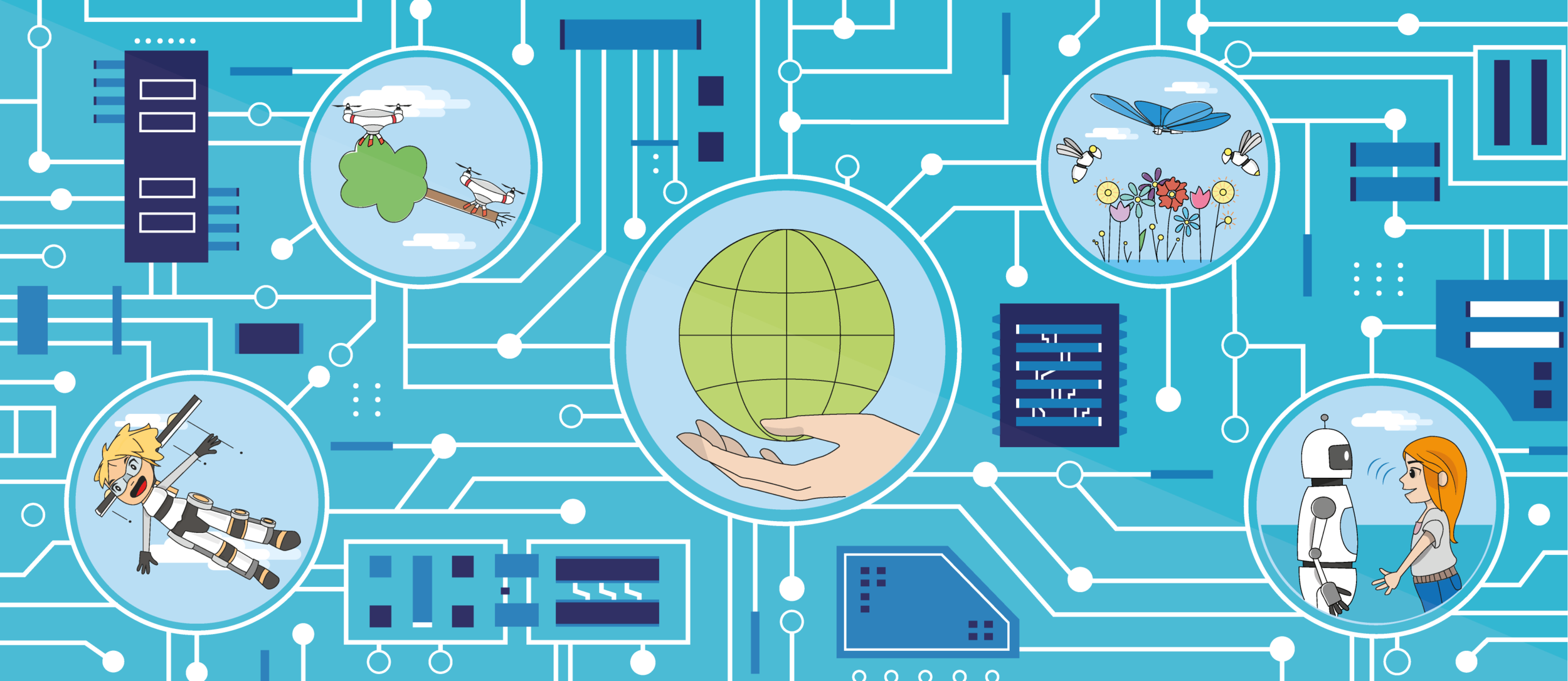Home
Socially Intelligent Robotics Consortium (SIRC)
To develop socially intelligent robots, we take a holistic and interdisciplinary approach, leveraging insights from Design, Technology, and Interaction research, to develop robots that not only fit into, but benefit the social contexts they are used in. The main goals of the consortium are to advance social robotics by: (1) building a global network of social robotics experts, enthusiasts, and policymakers, (2) providing common social robotics platforms to researchers, (3) creating standardized data sets and protocols to support reproducible studies, and (4) developing research and outreach programs to improve geographic, cultural, and social diversity in robotics.
Design
The application of successfully applied design-based principles works to breathe life into a social robot, by pushing the boundaries of their embodied design in the most effective manner possible. Design principles and expertise work to improve reception, perception, and usability and provide a model for ethical creative practice and positive social impact. This research aims to examine how design-based methodologies such as Aesthetic Design principles, Universal Design principles and Design Thinking are essential for optimizing the design and usability of social robots and play a vital role in their integration with humans.
Technology
Emerging technology should reflect the needs and values of the people who stand to be affected by these new devices. We therefore take a human-centric focus on developing novel mechatronics and intelligence solutions that can support fluent social interaction with humans, individually, in groups, and in larger communities. These include advanced perception techniques, which enable a better understanding of human communicative modalities and smoother cooperation between humans and robots. Socially-inspired learning and adaptation abilities further make possible personalized behaviors in different contexts, from homes to public spaces, and over extended periods of time.
Interaction
Humans learn, socialize, find meaning, and develop their own identities through interactions with other social actors and the environments that surround them. Emerging social robot technologies provide the possibility for new kinds of interaction that combine the sociality of humans and the functionality of machines. The development of socially robust and responsible human-robot interactions requires the systematic study of people’s perceptions of and reactions to different robot interaction modalities and functions, as well as exploration of the appropriate application niches robots can occupy in society.


